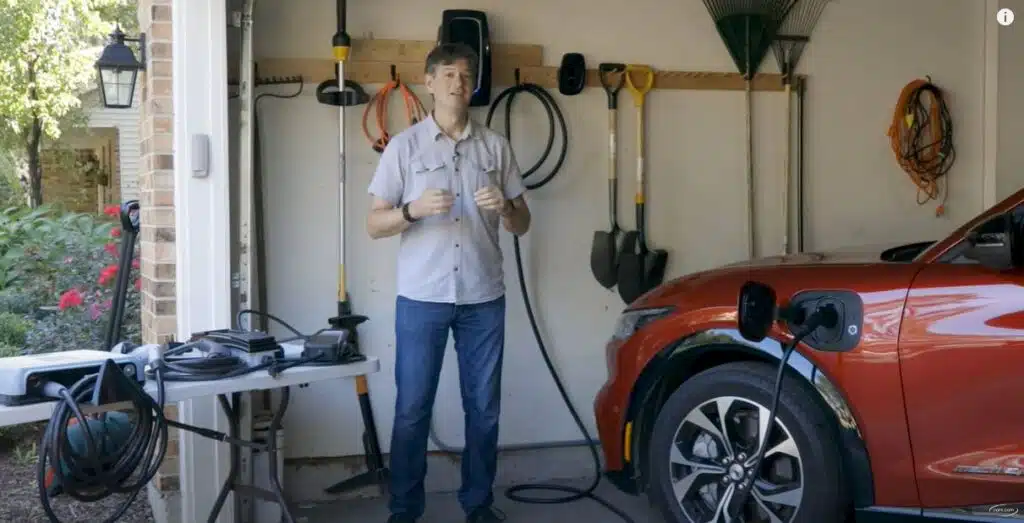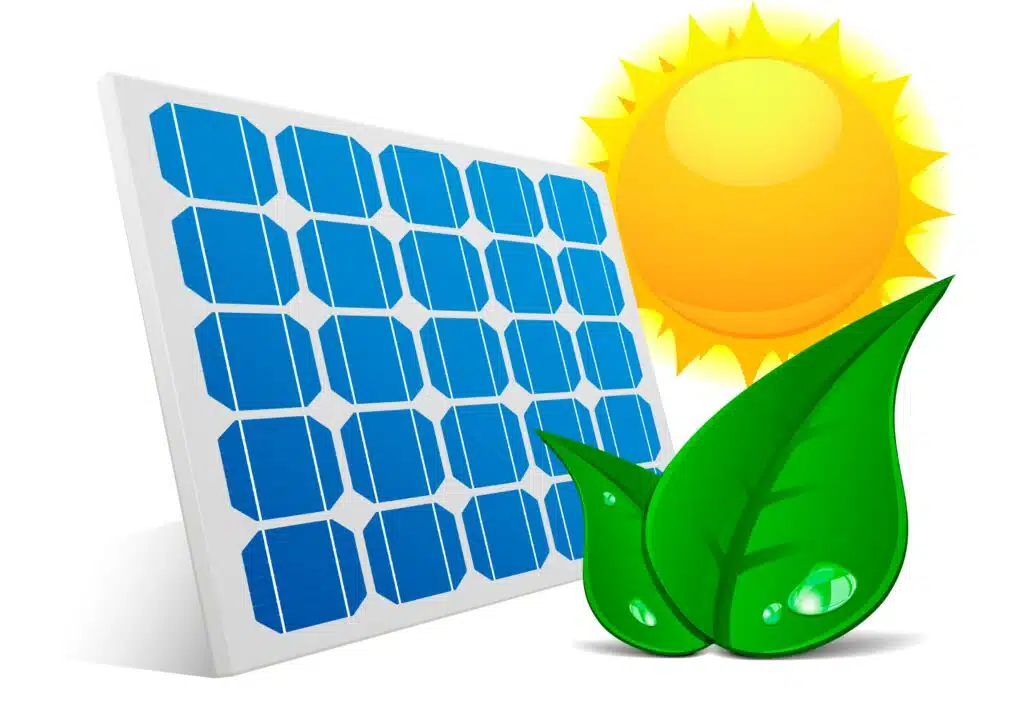How can I charge my car at home?
Types of EV Chargers
When it comes to charging electric vehicles (EVs), there are primarily three types of chargers available, each differing in charging speed, installation requirements, and cost.
-
Level 1 Chargers: These are the most basic type of EV chargers and are typically included with the purchase of an electric vehicle. Level 1 chargers can be plugged into a standard household 120-volt AC outlet. Although they are the most accessible and easy to use, they are also the slowest, offering about 4 to 5 miles of range per hour of charging. This makes them ideal for overnight charging or for EV owners who drive limited distances daily.
-
Level 2 Chargers: Level 2 chargers require a 240-volt AC outlet, similar to what large household appliances like dryers use. These chargers are significantly faster than Level 1 chargers, providing about 12 to 80 miles of range per hour of charging, depending on the specific model and vehicle. Level 2 chargers are a popular choice for home installations and are also commonly found in public charging stations. Their faster charging speed makes them suitable for EV owners who need quicker charging times or have longer daily commutes.
-
DC Fast Chargers (also known as Level 3 Chargers): DC Fast Chargers represent the fastest charging option available. They use direct current (DC) instead of alternating current (AC) and can provide 60 to 80 miles of range in just 20 minutes of charging. These chargers are typically found in commercial or public charging stations due to their high power requirements and are not usually suitable for home installation. They are ideal for long-distance travelers or for quick top-ups during a busy day.
Each type of charger has its own set of advantages and is suited to different user needs. Level 1 chargers are convenient for home use with no additional installation cost, Level 2 chargers balance speed and accessibility, and DC Fast Chargers provide rapid charging for those on the go.

Benefits of Installing an EV Charger
Installing an EV charger at home or in a commercial space brings numerous advantages, significantly enhancing the experience of owning an electric vehicle.
-
Environmental Benefits: One of the most compelling reasons to switch to an electric vehicle and install a home EV charger is the positive impact on the environment. EVs emit zero tailpipe emissions, contributing significantly to the reduction of air pollution. By charging your vehicle at home, you are often using a cleaner energy source, especially if your electricity comes from renewable sources. This shift from fossil fuels to cleaner energy sources for transportation drastically reduces your carbon footprint, playing a vital role in combating climate change.
-
Convenience and Efficiency: The convenience of having an EV charger at your home cannot be overstated. It eliminates the need to rely on public charging stations, saving time and effort. With a home charger, you can simply plug in your vehicle overnight and wake up to a fully charged car every morning. This convenience is especially beneficial for those with a busy schedule or limited access to public charging stations. Furthermore, modern EV chargers come with smart features that allow you to monitor and control charging remotely, further enhancing convenience and efficiency.
-
Increased Property Value: Installing an EV charger can increase the value of your property. As EVs become more prevalent, homebuyers are increasingly looking for properties with existing EV charging infrastructure. This feature makes your property more attractive to a growing market segment, potentially speeding up the sale and increasing the sale price. For commercial properties, having an EV charger is an attractive amenity for employees and customers alike, demonstrating a commitment to sustainability and forward-thinking.
-
Long-Term Savings: While the initial cost of purchasing and installing an EV charger can be significant, the long-term savings on fuel costs are substantial. Electricity is generally cheaper than gasoline, and as electric vehicles become more efficient, the cost per mile of driving an EV decreases. Additionally, EVs have fewer moving parts compared to traditional vehicles, leading to lower maintenance costs over time.
-
Supporting Sustainable Practices: By installing an EV charger, individuals and businesses demonstrate a commitment to sustainable practices. This commitment can inspire others in the community to consider EVs, creating a ripple effect that accelerates the transition to cleaner transportation. For businesses, it aligns with corporate social responsibility goals and can enhance the company's image as an environmentally conscious entity.
Considerations for Installation of an EV Charger
When planning to install an EV charger, several key considerations should be taken into account to ensure a smooth and efficient setup. These considerations are crucial for both the functionality of the charger and the safety of the users.
-
Space and Location: The first aspect to consider is where the charger will be installed. For homeowners, this typically means choosing a spot in the garage or a convenient area close to where the vehicle is usually parked. The chosen location should provide easy access for the vehicle and enough space for the charging equipment. For commercial installations, factors like the accessibility for multiple vehicles, proximity to the power supply, and visibility are crucial.
-
Electrical Requirements: Understanding the electrical capacity of your home or commercial building is essential. EV chargers, especially Level 2 and DC Fast Chargers, require a certain level of electrical output. It's important to consult with a qualified electrician to assess whether your current electrical system can support an EV charger or if an upgrade is necessary. This step is vital to avoid overloading the electrical system and to ensure safety and efficiency.
-
Charger Type and Compatibility with Vehicles: Choosing the right type of charger that is compatible with your vehicle is crucial. Not all EV chargers are universally compatible with every electric vehicle. Researching the specific charging requirements of your vehicle and ensuring that the charger you select meets these needs is important for optimal charging.
-
Permitting and Regulations: Depending on your location, there may be specific permits and regulations that need to be adhered to when installing an EV charger. These can include building codes, safety standards, and local government regulations. Ensuring compliance with these requirements is crucial to avoid legal issues and to ensure the installation is done correctly and safely.
-
Cost and Budgeting: Installing an EV charger involves various costs, including the price of the charger itself, installation fees, and potential electrical upgrades. Creating a budget that accounts for all these expenses is important to avoid unexpected costs. It's also worth exploring any available incentives or rebates that can help offset some of these expenses.
-
Professional Installation vs. DIY: While some EV chargers offer a do-it-yourself installation option, professional installation is often recommended, especially for higher-level chargers. A professional electrician can ensure that the installation meets safety standards and is optimized for your specific setup. This can include proper wiring, ensuring the charger is weatherproof if installed outside, and integrating it with your home’s electrical system.
By carefully considering these factors, you can ensure that your EV charger installation is successful, safe, and efficient, providing a seamless charging experience for your electric vehicle.
Common Misconceptions about EV Chargers
There are several misconceptions surrounding EV chargers that often lead to confusion or hesitancy among potential EV users. Addressing these myths is crucial for a clear understanding and better adoption of this technology.
-
Misconception 1: EV Chargers are too Expensive: One of the most common misconceptions is that EV chargers are prohibitively expensive. While there is an upfront cost associated with purchasing and installing an EV charger, the long-term savings in fuel and maintenance costs can be significant. Moreover, many regions offer incentives, rebates, or tax credits for EV charger installation, making them more affordable.
-
Misconception 2: EV Charging is Time-Consuming: Many people believe that charging an electric vehicle is a time-consuming process. While it's true that charging an EV can take longer than refueling a gasoline car, the convenience of charging at home overnight or while at work mitigates this issue. Additionally, with the advent of Level 2 and DC Fast Chargers, the time required to charge an EV has decreased substantially.
-
Misconception 3: Chargers are Difficult to Install: Another misconception is that EV chargers are difficult to install. While it's important to ensure that the installation meets certain electrical requirements, professional installation services are widely available. These services ensure that the charger is installed safely and in compliance with local codes and regulations.
-
Misconception 4: Limited Compatibility with Vehicles: Some believe that EV chargers are not universally compatible with all electric vehicles. While it's essential to choose a charger that matches your vehicle's specifications, most modern EV chargers are designed to be compatible with a wide range of electric vehicles. This compatibility makes it easier for users to find a charger that works with their specific model.
-
Misconception 5: Chargers are Only for Home Use: There's a notion that EV chargers are only suitable for home use. However, commercial and public EV charging stations are becoming increasingly common, offering convenient charging options for people on the go. These public chargers often feature faster charging capabilities and are strategically located for easy access.
-
Misconception 6: EV Chargers are Unsafe: Safety concerns also create hesitation. Modern EV chargers are equipped with numerous safety features, including safeguards against overcharging, electrical surges, and weather-related damages. When installed correctly, they are extremely safe and reliable.
Dispelling these misconceptions is key to understanding the true value and practicality of EV chargers. Recognizing the advancements in technology, affordability, convenience, and safety can help more individuals and businesses transition smoothly to electric vehicle usage.
Introducing Jackery
Your trusted companion for both home and camping adventures! With our cutting-edge power solutions, you can stay connected and powered up no matter where you are. Whether you're at home during a blackout, or out in the wilderness seeking adventure, Jackery's portable power stations and solar panels ensure you have the energy you need. Stay charged, stay connected, and stay powered with Jackery – the ultimate choice for versatile, reliable, and eco-friendly energy solutions
Best Solar Panel Installers Near Me
When looking for "solar companies near me", "solar panels near me" or "solar installers near me," look no further than iON Solar Pros. We are the Premier Solar Installation Company in your area! Don't take our word for it. Ion Solar Pros is:
We are your local experts dedicated to providing an exceptional experience, lowering expenses, and providing a greener, sustainable future.



